TALK TO US TODAY!
Here to help you translate technical science gargon into simple practical outcomes you can easily follow and understand.
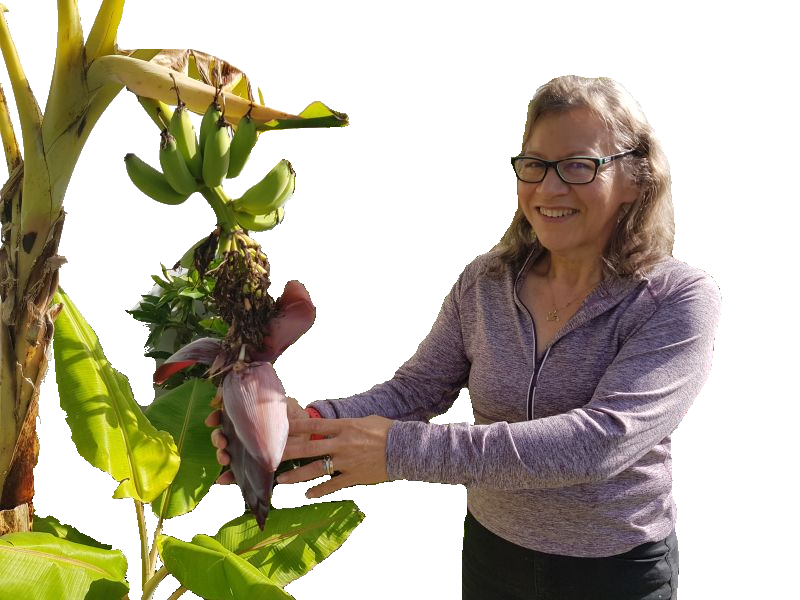
Dr Jane Mullaney is a research scientist based in Palmerston North, New Zealand.
Jane has a PhD in Microbiology/Nutrition from Massey University in Palmerston North and is an associate research investigator for the Riddet Institute, Massey University, for the Higher Higher Value Nutrition National Science Challenge - ‘Infant Health’ and ‘Healthy Digestion’ programmes.
Since 2013 she has worked as a Research Scientist in food-based nutrition and interventions, type 1 diabetes, anticancer compounds found in brassica and the microbiome in health and disease. Jane was the recipient of the Juvenile Diabetes Research Foundation Postdoctoral Fellowship in 2014-2017 and held this while at the University of Queensland Diamantina Institute, Brisbane, Australia.
Training can be organised for banana tissue culturing. We plan to extend this to other types of plants in future. Contact us for details. Note
“I have to say Jane, I totally dig your vibe, energy, and more importantly you straightforwardness. Love it” Rongoa is the use of our indigenous
The experts believe a commercial banana industry is “absolutely” viable here. The Ministry of Business, Innovation and Employment (MBIE) has provided more than $93,000 to
Agriculture underpins the New Zealand economy. We have begun to explore diversification of our land, to be more resilient, to make smarter, more sustainable use of our resources.
Contract and funding-based research solutions that traverse the four themes (hauora/health; mātauranga/knowledge; indigenous innovation; taiao/environment) of the government’s Vision Mātauranga policy.
Translation of scientific nutrition evidence for practical application in government, healthcare, and the food industry Understanding of nutrition and the microbiome using lab in-vitro digestion
Collaboration comes from developing trust relationships with partners, colleagues, friends and whanau. We work towards building and strengthening our relationships for the benefit of all.
Here to help you translate technical science gargon into simple practical outcomes you can easily follow and understand.
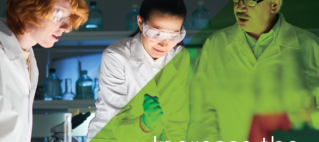
Juliana A. S. Leite1, Carlos A. Montoya1,2, Simon M. Loveday1,2, Evelyne Maes3, Jane A. Mullaney1,2,4, Warren C. McNabb1,4* and Nicole C. Roy1,4,5,6 Frontiers in Nutrition 2021 Proteases present in milk are heat-sensitive,
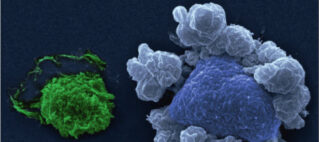
Immunology and cell biology Oct 2018 Abstract The microbial community making up the gut microbiota can profoundly influence intestinal homeostasis and immune system development, and is

Abstract OBJECTIVE Dysbiosis of the gut microbiota has been linked to disease pathogenesis in type 1 diabetes, yet the functional consequences to the host of this

Abstract Background: Dysbiosis of the gut microbiota has been implicated in the pathogenesis of many autoimmune conditions including type 1 diabetes (T1D). It is unknown
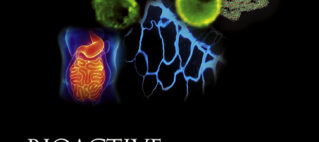
Abstract This review considers fermentable carbohydrates and their role in maintaining health through their availability as fuel for the gut microbiota. The microbiota possesses remarkably diverse function, and

Abstract Glucosinolates from the genus Brassica can be converted into bioactive compounds known to induce phase II enzymes, which may decrease the risk of cancers. Conversion via




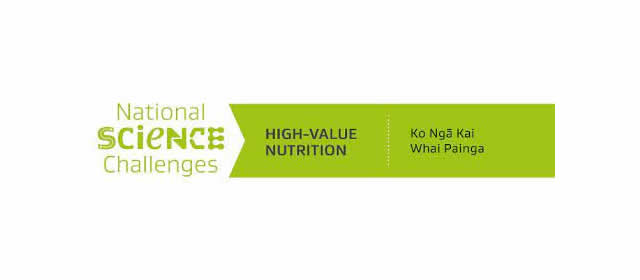
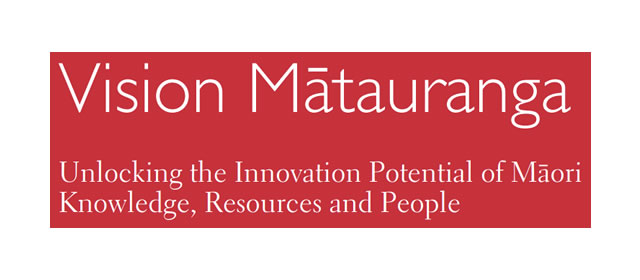

Jane taught me tissue culturing of bananas.

Jane is a good friend and collaborator